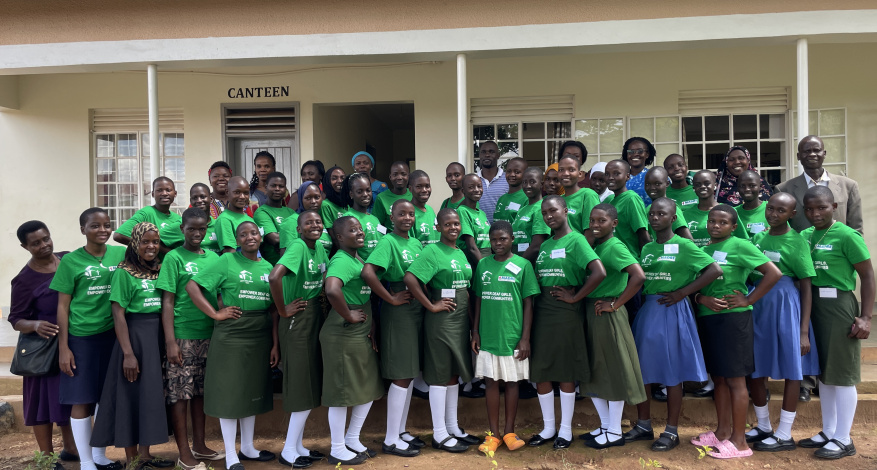Empowering Deaf Girls Through Inclusive Education and Community Engagement
In a significant step toward addressing the widespread exclusion of deaf girls from formal education, Deaf Girls Rescue (DGR) successfully conducted a four-day training session for community service providers aimed at equipping them with the knowledge and skills necessary to better support deaf children, particularly girls.
The training brought together key stakeholders, including health workers, teachers, police officers, and local council members, who are often the first point of contact for vulnerable children in their communities. The goal of the initiative was to raise awareness of the unique challenges deaf girls face and promote inclusive practices across critical service sectors.
According to DGR, poverty, ignorance, and gaps in national education policies have left the majority of deaf girls without access to school, resulting in high rates of illiteracy. This lack of education has severe implications—not only for the girls’ economic independence but also for their safety and ability to exercise their rights.
“If a deaf girl cannot count, she cannot manage even a small business. If she is abused but cannot write, she cannot report what happened to her,” explained Rehema Namarome, Chief Executive Officer of Deaf Girls Rescue.
The training also highlighted the role that basic literacy plays in empowering deaf girls to advocate for themselves, report abuse, and participate fully in society. Participants received instruction in disability inclusion and basic sign language, helping to bridge the communication gap that has long hindered effective service delivery.
At the conclusion of the workshop, attendees were awarded certificates in a brief closing ceremony. Among the dignitaries present were:
-
Ms. Sarah Nabatanzi, representing the parents of deaf girls
-
Rehema Namarome, CEO of Deaf Girls Rescue
-
Ms. Samali, Inspector of Schools in charge of Special Education
-
Mr. Wamala, Senior Inspector of Schools for Wakiso District, who served as the chief guest
Speaking at the event, Mr. Wamala commended the initiative and emphasized the importance of community-driven action in closing education gaps. “This training demonstrates what is possible when we invest in inclusive practices. Every girl, deaf or hearing, deserves access to quality education,” he said.
The workshop marks a critical milestone in DGR’s ongoing efforts to advance inclusive education and ensure deaf girls are no longer left behind. Organizers called for continued collaboration between government agencies, civil society, and local communities to build a more equitable education system that recognizes and respects the rights of all learners.
As Uganda continues to work toward its education and gender equity goals, initiatives like this training provide a roadmap for empowering marginalized groups and creating a future where no girl is denied the opportunity to learn, grow, and lead.
